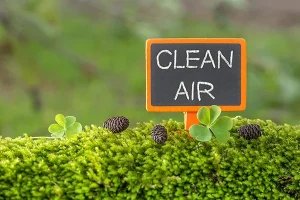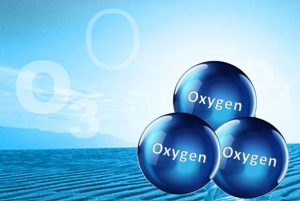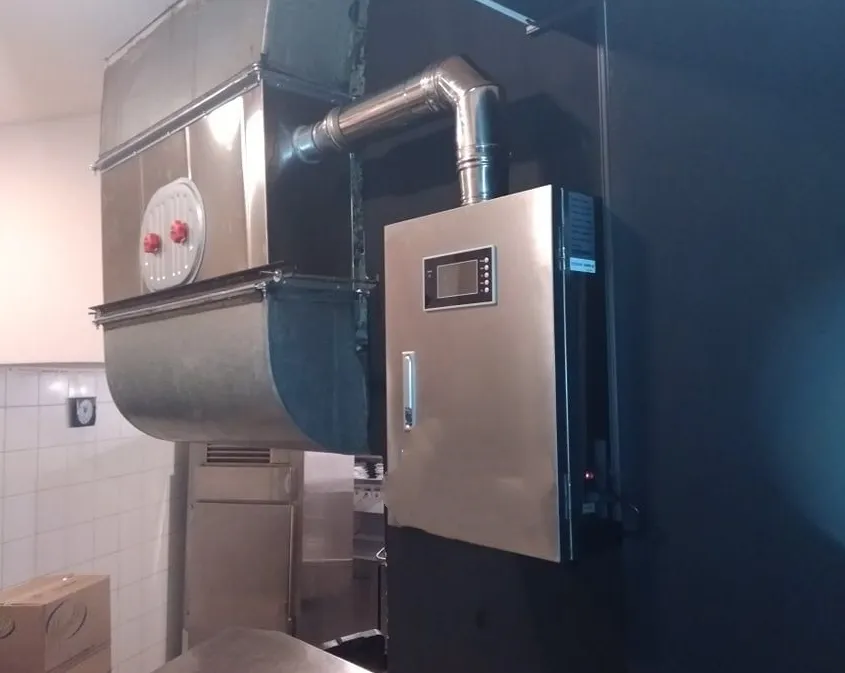The bactericidal effect of ozone is a biological oxidation process. The strong oxidation effect of ozone causes various components in microbial cells to oxidize, resulting in irreversible changes and death. It is generally believed that ozone kills viruses by directly destroying their ribonucleic acid (RNA) or DNA substances. To kill bacteria and fungi, ozone first acts on the cell wall, causing damage to the membrane components, leading to metabolic disorders and inhibiting their growth. Ozone continues to penetrate and destroy the tissue inside the membrane until it is killed. The increase in humidity increases the killing rate due to the expansion and thinning of cell membranes under high humidity, making their tissues susceptible to ozone damage.

For bacteria: Pseudomonas aeruginosa, Escherichia coli, Staphylococcus aureus, Staphylococcus albicans and Shigella flexneri.
Bacteria, mold, salmonella, candida albicans, listeria, Klebsiella pneumoniae, etc. have effects.
For bacterial spores: effective for Bacillus subtilis var. spores.
For viruses: effective for hepatitis B surface antigen, hepatitis A surface antigen, influenza A virus, SARS coronavirus, H1N1 influenza virus, COVID-19, etc.
For fungi: it is effective for Aspergillus versicolor, Pseudomycoderma peach, Cladosporium wax, Penicillium, Aspergillus Niger, etc.
For protozoa: effective for flagellates and cryptosporidium eggs.
Sporocyst: It was completely removed after 2.4 min at the ozone concentration of 0.3 mg/L.
Spore: Due to the protection of spore coat, its ozone resistance is 10-15 times higher than that of growing bacteria.
Parasitic organisms: such as mites are killed after 3 minutes.
The vast majority of ozone chemical reactions belong to redox reactions, so ozone can react with almost all substances.
Should be, especially all kinds of bacteria, viruses, etc.
Deodorization: it can decompose the odor, smoke smell and strong perfume smell in the air. Ozone gas can eliminate mold and odor of air and articles in space, and can degrade harmful substances, decompose formaldehyde, benzene series, sulfide, carbon monoxide, ethylene, etc., and make them oxidized and converted into harmless substances.






























